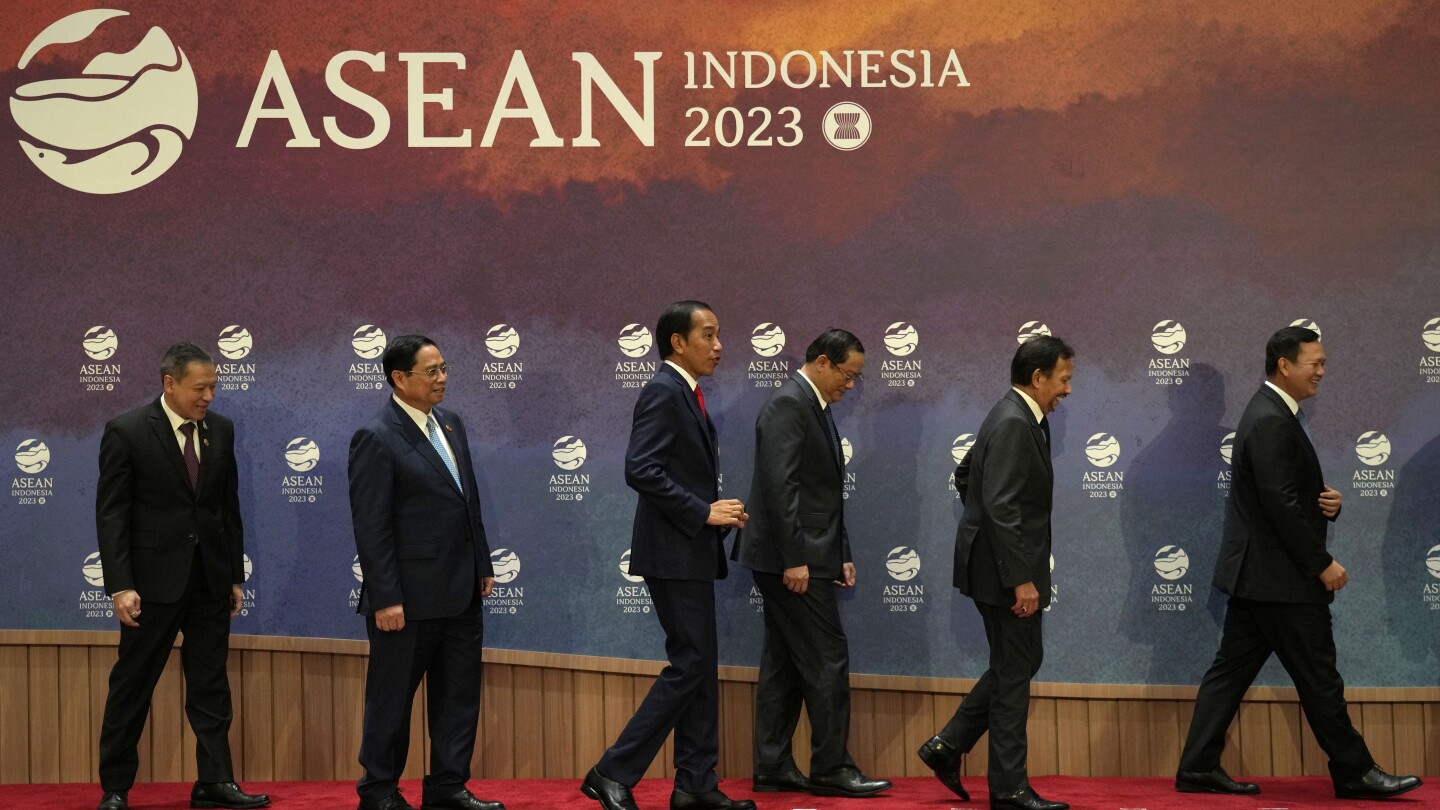Jakarta, Indonesia – Amid escalating geopolitical tensions in the Indo-Pacific region, Chinese Premier Li Qiang, speaking during an annual summit that brought together world leaders in Indonesia, emphasized the importance of avoiding a “new Cold War” when managing international conflicts. At this summit, which included members from the Association of Southeast Asian Nations (ASEAN), as well as China, Japan, and South Korea, Li stressed the necessity of handling differences and disputes with care.
He underscored the gravity of opposing alignment with specific sides, engaging in bloc confrontations, and steering clear of any potential new Cold War. Li’s remarks resonated in a setting where ASEAN has expressed concerns about being ensnared in disputes among major global powers. In addition to this, ASEAN engaged in comprehensive discussions with Chinese Premier Li, U.S. Vice President Kamala Harris, and leaders from partner countries such as Japan, South Korea, Australia, and India.
The primary focus of discussions in Jakarta revolved around the mounting apprehensions regarding China’s increasingly assertive actions in the South China Sea, a vital trade route where several ASEAN members have conflicting territorial claims with China.
During her meeting with ASEAN leaders, Vice President Kamala Harris reiterated the United States’ unwavering commitment to Southeast Asia and the broader Indo-Pacific region. She also pledged to continue exerting pressure on the Myanmar junta to halt the “horrific violence” that has erupted since the military coup in 2021.
In alignment with the United States, ASEAN discussed the importance of upholding the rules-based international order, particularly concerning China’s contested maritime claims and provocative actions in the South China Sea. Furthermore, ASEAN explored ways to expedite negotiations on a long-standing code of conduct for the South China Sea, as indicated by Indonesian Foreign Minister Retno Marsudi.
These concerns were also addressed during an ASEAN-Japan summit, where leaders emphasized the significance of maintaining conducive conditions in the region, with specific focus on the Korean peninsula and the South China Sea.
The United States and its allies, in alignment with ASEAN’s stance, have reiterated the importance of freedom of navigation and overflight in the South China Sea, urging restraint in constructing physical structures in disputed waters. China’s recent release of a map featuring a “10-dash line,” indicating an expansion of its territorial claims in the South China Sea, was met with rejection by several ASEAN members.
Philippine President Ferdinand Marcos emphasized that while his country seeks to avoid conflict, it has a responsibility to protect its sovereignty. He rejected narratives framing South China Sea disputes solely as a strategic competition between powerful nations, highlighting the need to preserve independence, agency, and legitimate interests.
Within ASEAN, member states have varying degrees of diplomatic, economic, and military ties with China, while the United States has been actively engaging ASEAN nations with mixed success.
ASEAN, comprising 10 member states, held its summit earlier in the week, with leaders striving to assert the bloc’s relevance. They also expressed deep concern about the lack of substantial progress on ASEAN’s five-point peace plan for Myanmar.
Additionally, South Korean President Yoon Suk Yeol pledged cooperation with Japan and China to facilitate the early resumption of trilateral talks aimed at improving relations. Yoon emphasized the necessity of ceasing any military cooperation with North Korea, and there were reports suggesting North Korean leader Kim Jong Un’s plans to meet with Russian President Vladimir Putin to discuss supplying weapons for the war in Ukraine.
(Source: Stanley Widianto | Kate Lamb | Kanupriya Kapoor | Robert Birsel | Nick Macfie | Reuters)









